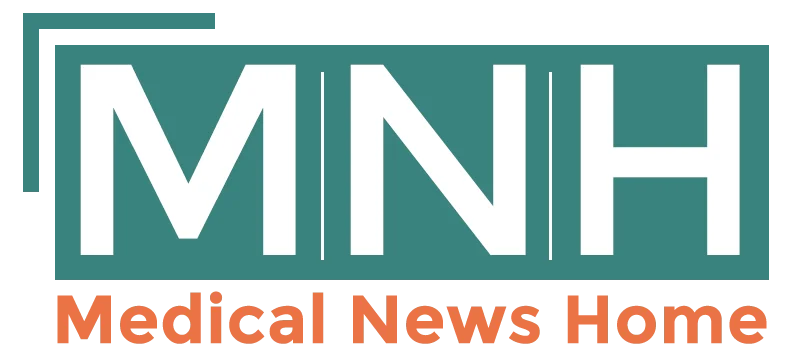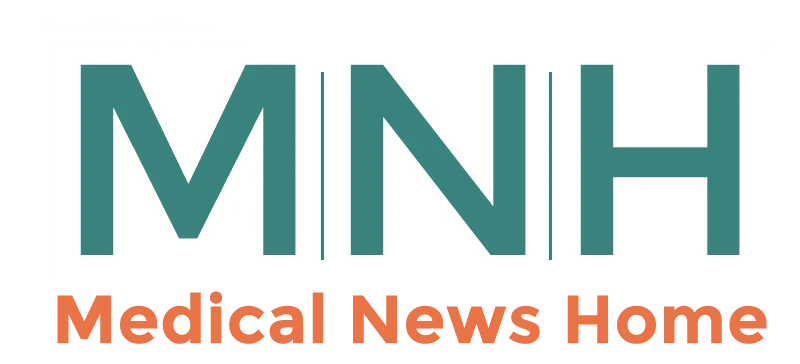“Lack of Access to Epilepsy Medicines” is Concerning
- Updated on: May 7, 2025
- Published on Jan 7, 2020

A survey by World Health Organization (WHO) concluded that prevalence of epilepsy was found to be the highest in low middle-income countries or under-developing countries such as Bangladesh, African countries, etc. It was found that in more that 80% of the countries of sub-Saharan Africa, majority of people had epilepsy and did not receive appropriate care.
Epilepsy is a widely recognized neurological condition but is poorly understood among people. Another term for Epilepsy is ‘seizure disorder’, which is characterized by recurrent seizures.
Epilepsy Needs Care: Challenges
Epilepsy can be classified into two broad categories – symptomatic epilepsy and idiopathic epilepsy. Symptomatic epilepsy might result from birth asphyxia, head injury and meningitis. Idiopathic epilepsy results from either some genetic effect or the cause might not be identifiable.
More than 70 million people worldwide are suffering from epilepsy. It is observed that children below age 2 years and adults above 65 are at a greater risk of epilepsy. Most people are scared of getting diagnosed with a neurological problem and therefore do not visit doctors even if the symptoms occur. This behavior somewhere affects the epilepsy statistics and leads to lack of treatment for epileptic condition.
It is observed that very few people understand what epilepsy is and even they also do not want to discuss about this condition. This leads to a lack of knowledge and awareness about the disorder and delays in or lack of appropriate treatment and care that can be provided to the patient to avoid seizures.
Missing access to epilepsy medicines
A survey conducted in three African countries revealed information that low quality epilepsy medicines were used in Kenya, Madagascar and Gabon. The report stated that in Kenya, more than 35% of the medicines were of low quality, about 30% were in Madagascar and above 25% low quality medicines were used in Gabon.
The survey revealed that the drugs provided to the public sector in Kenya were of poor quality when compared to those of the private sector. Researchers stated that low quality epilepsy drugs are more harmful than no drug provided to the patient at all. The survey also stated that practice of poor packaging, poor storage and below standards distribution practices, especially in Kenya, also led to further deterioration of products.
There were also incidences when some of the drugs were found to be sold without any packaging. This survey has also revealed that most of the low quality medicines were imported from China and India to Africa.
Another survey revealed that more than 90% of patients in developing countries with active form of epilepsy are not receiving proper and required anti-epileptic treatment. There lies a major treatment gap in these countries. Even at the lowest costs, there are many countries which find the drugs unaffordable.
In 2005, the Global Campaign against Epilepsy coalition provided comprehensive information on epilepsy care in about 160 countries representing about 97% of total world’s population. A study in 2001, of a small rural area of Cameroon, revealed that only about 15-20 of about 90 epilepsy patients were on antiepileptic drugs. In a similar study, in Burundi, Africa, only 18 of about 352 patients were taking anti-epileptic drugs (all on phenobarbital).
Epilepsy is supposed to be a life-limiting condition and can have a great and extended impact on a person’s life. The major problem in epilepsy world is the inability to afford or excess proper medications for the treatment. Targeted awareness is required for the drug treatment of epilepsy. Such provisions will be helpful in reducing the treatment gap and also the overall burden of epilepsy in the country. There are various epilepsy foundations working on this aspect to reduce the gap and provide care and support in remote areas with an aim to reduce the incidence of epilepsy.


